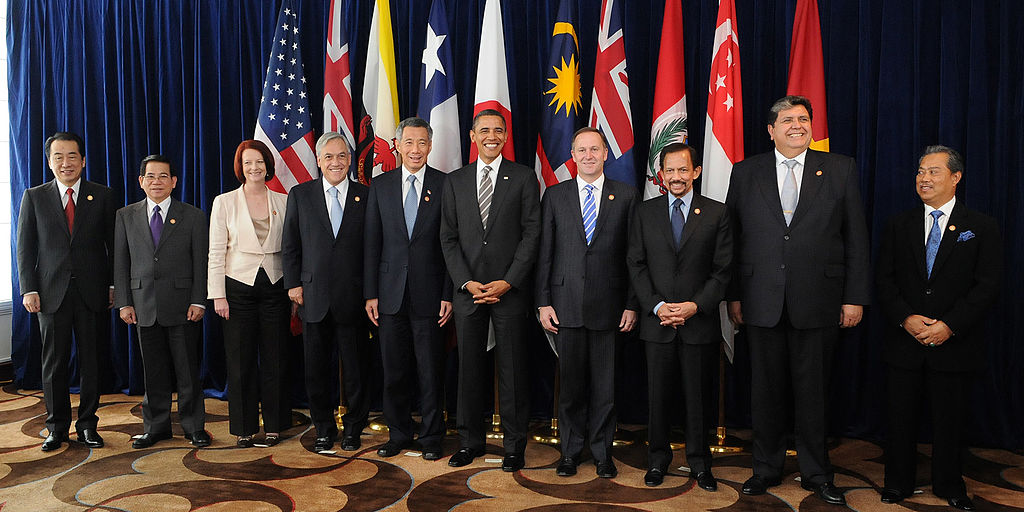
Hua Xin, PhD, CASS Graduate School
Apr 23, 2018
There is a strong economic and strategic case for the US to return to the TPP.
Apr 23, 2018
China and the United States are potentially looking to recruit allies to stand with them in the ongoing trade battle.
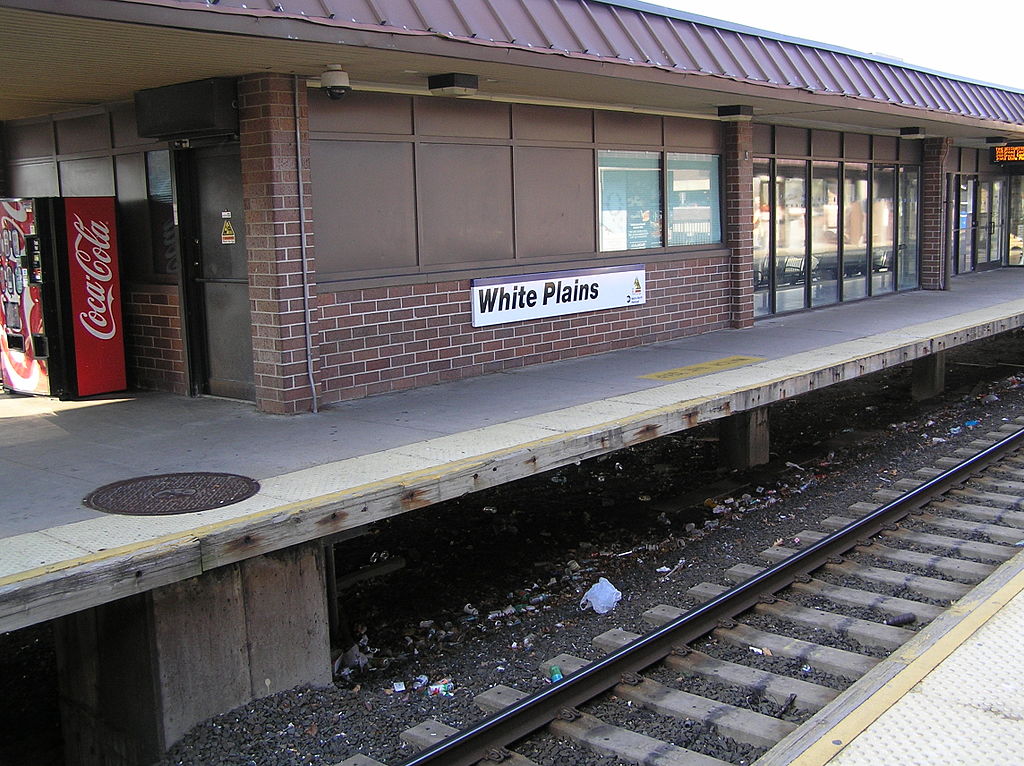
William A. Mundell, Documentary Producer
Apr 20, 2018
Trump may never be able to live up to his campaign promise of getting Mexico to pay for the wall, but he would be able to say that he rebuilt America--and got China to pay for it.
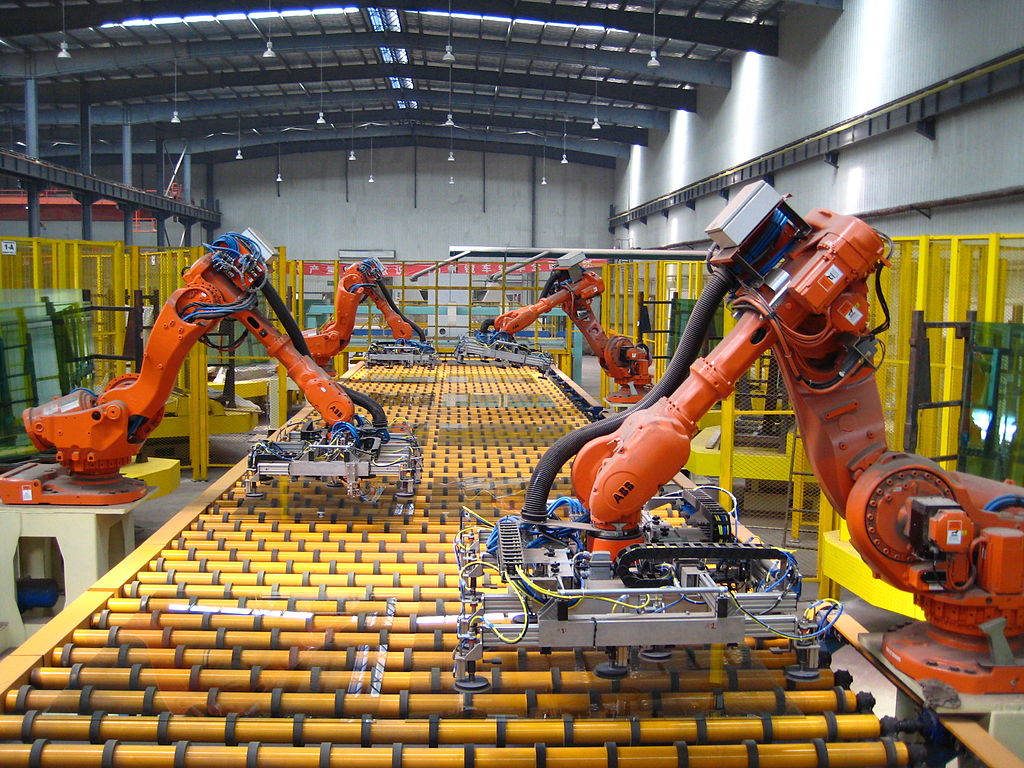
Zheng Yu, Professor, Chinese Academy of Social Sciences
Apr 20, 2018
Industrial technological competition is at the center of China-US competition.
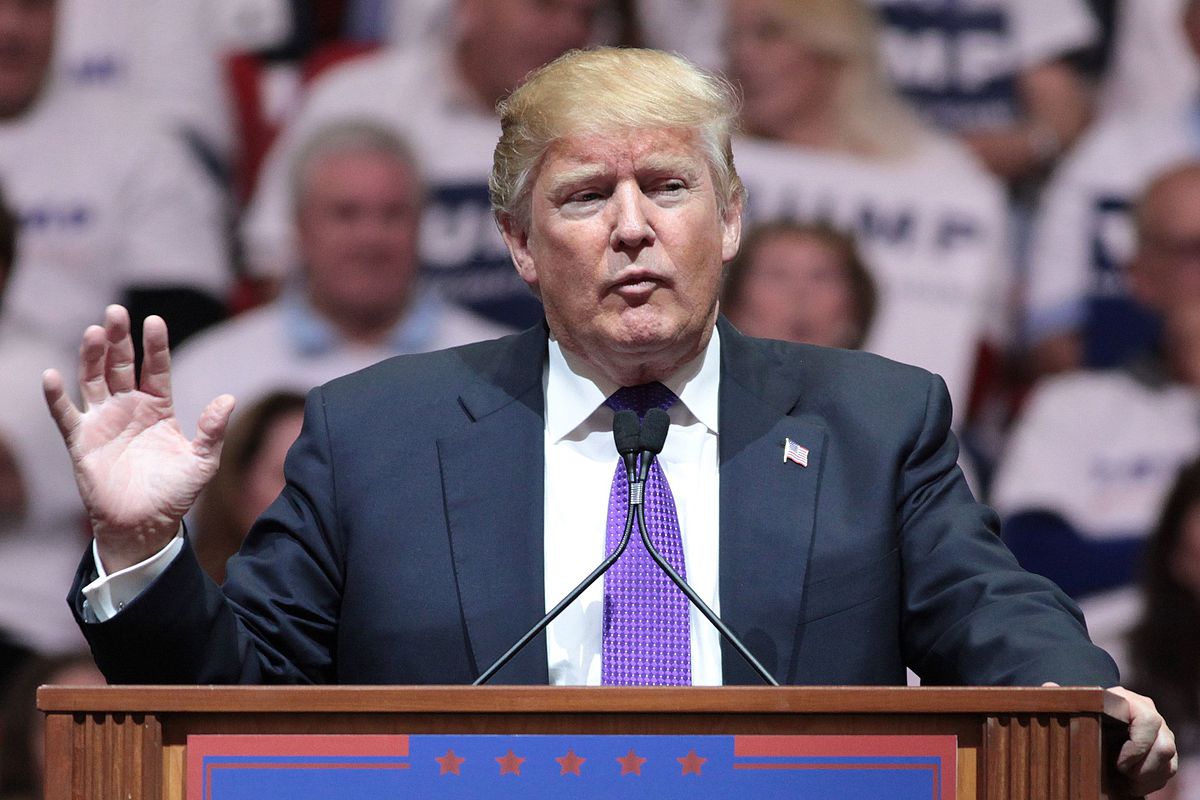
Lawrence Lau, Ralph and Claire Landau Professor of Economics, CUHK
Apr 19, 2018
The U.S. should produce new products for export to China to reduce the trade deficit.
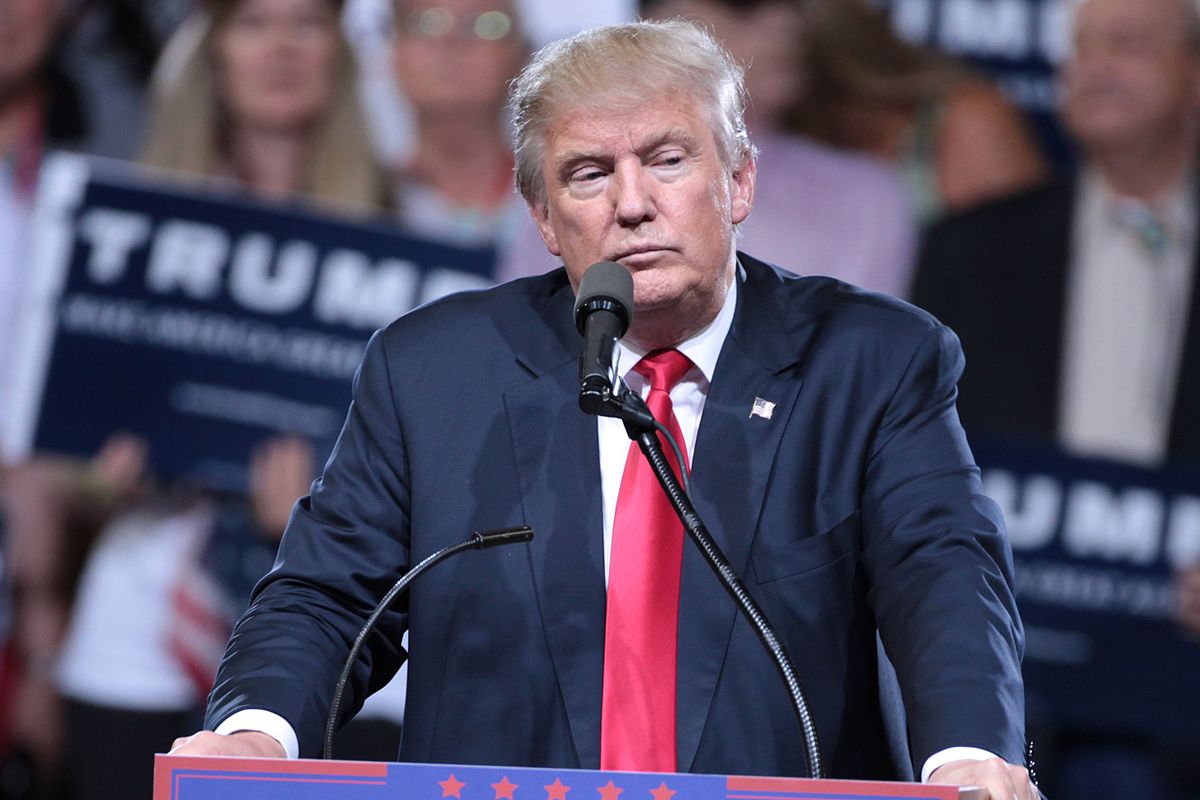
James H. Nolt, Adjunct Professor at New York University
Apr 19, 2018
Those who take Trump more literally on trade issues warn that he really does measure success by rebalancing trade in favor of significantly more U.S. exports and fewer imports. Most trade experts would agree that none of the concessions China is likely to make in the near future would significantly erode China’s massive trade surplus with the United States.
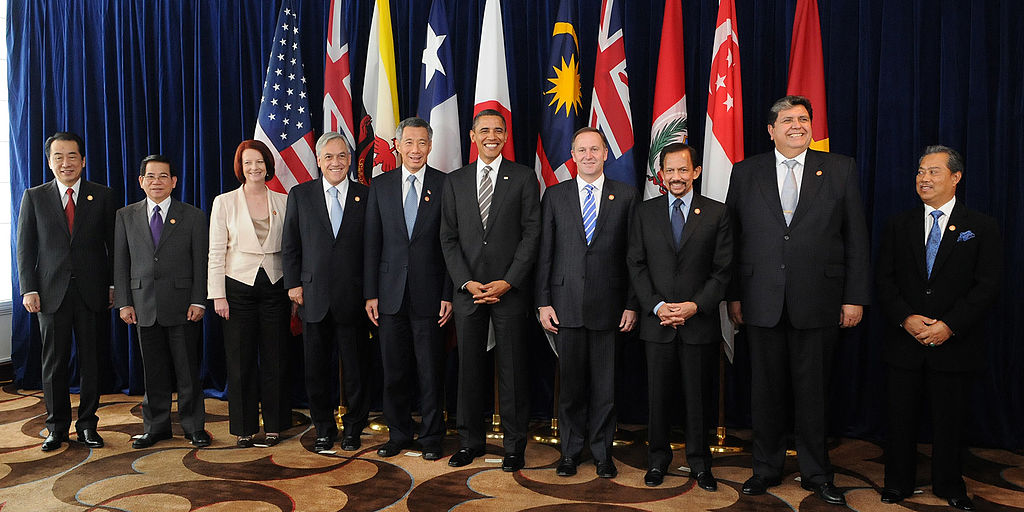
Ben Reynolds, Writer and Foreign Policy Analyst in New York
Apr 19, 2018
The Trump administration has come back around to the TPP for the same reasons that the Obama administration pushed the deal in the first place: its use as a bargaining chip in the struggle for Asian hegemony.
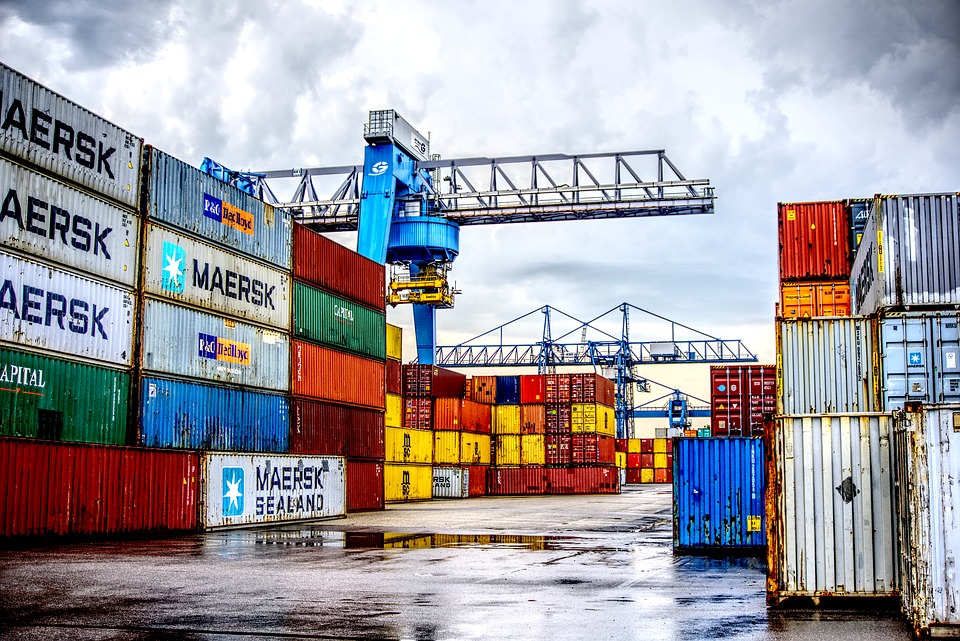
Liao Zhengrong, Executive Deputy Director, Institute for Peace Development, Chinese Academy of Social Sciences
Apr 18, 2018
Long the ballast of China-U.S. relations, bilateral trade is now a sore point.
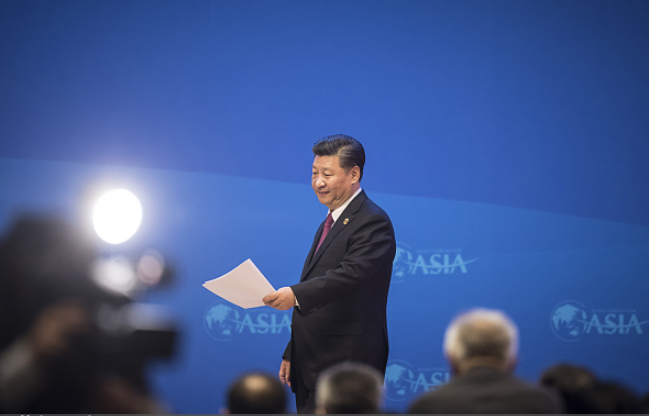
Chen Jimin, Guest Researcher, Center for Peace and Development Studies, China Association for International Friendly Contact
Apr 18, 2018
China will be dedicated to building an open world economy that will be beneficial to all.
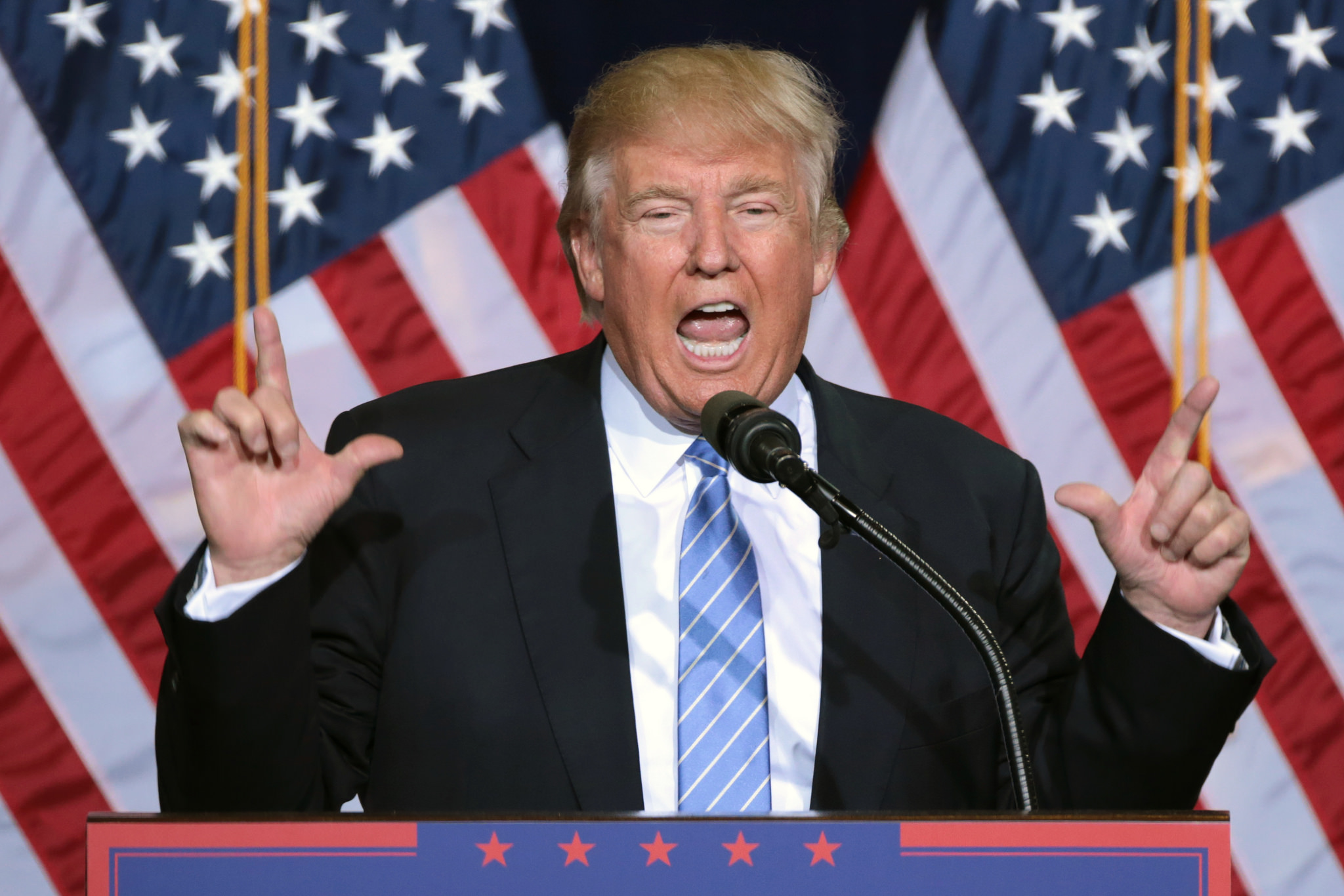
Guo Dong, Director of the Earth Institute China Initiative, Columbia University
Apr 17, 2018
By turning inward and prioritizing a few domestic factories over the larger dynamics at play between the U.S. and China, President Trump seems to be fighting the small battles and conceding the bigger ones.
Back to Top

- China-US Focus builds trust and understanding between the U.S. and China through open dialogue among thought leaders.
- Our Offerings
- Topics
- Videos
- Podcasts
- Columnists
- Research Reports
- Focus Digest
- Stay Connected
-
Thanks for signing up!
- Get the latest stories from China-US Focus weekly.